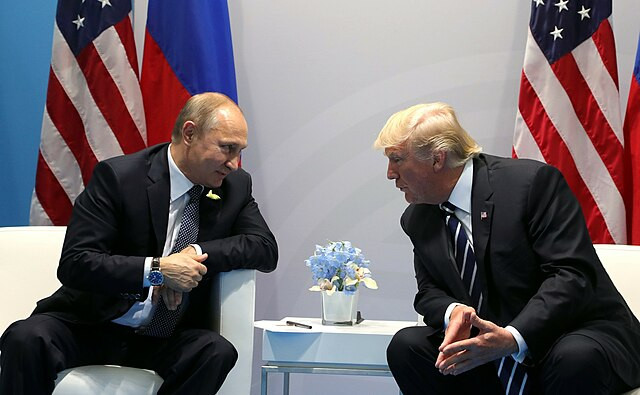Russia said Monday it no longer considers itself bound by a self-imposed moratorium on the deployment of short- and medium-range land-based missiles, accusing the United States and NATO of creating conditions that invalidate its previous restraint. The announcement comes amid rising geopolitical friction and signals a further erosion of post-Cold War arms control architecture.
The Russian Foreign Ministry stated that "the conditions for maintaining a unilateral moratorium on the deployment of similar weapons have disappeared," citing what it called the "actual deployment" of U.S.-made intermediate-range missiles in both Europe and the Asia-Pacific. The Kremlin said Washington's missile transfers to NATO countries and Indo-Pacific allies constitute a "direct threat" to Russian national security.
Russia had adopted the moratorium following the 2019 collapse of the Intermediate-Range Nuclear Forces Treaty (INF), a landmark 1987 agreement that banned land-based missiles with ranges between 500 and 5,500 kilometers. The United States, under then-President Donald Trump, formally withdrew from the pact, accusing Moscow of violating its terms.
"Russia has failed to comply with its obligations under the Intermediate-Range Nuclear Forces Treaty," then-Defense Secretary Mark Esper said on August 2, 2019. "This withdrawal is a direct result of Russia's sustained and repeated violations of the treaty over many years and multiple presidential administrations."
While Moscow had pledged in 2019-2020 to maintain a voluntary deployment freeze unless the U.S. introduced comparable systems, it now claims that American actions have rendered such restraint obsolete. The foreign ministry cited "precedents of the transfer of American systems capable of ground-based launch of intermediate-range missiles to European NATO countries for 'testing'... with a clear anti-Russian focus."
Russia said these transfers began in 2023 and included exercises in Denmark, the Philippines, and Australia. The ministry further alleged that despite repeated Russian calls for a reciprocal moratorium, "the US and its allies have not only openly outlined plans to deploy American land-based INF missiles in various regions, but have also already made significant progress in the practical implementation of their intentions."
"In specific terms," the ministry added, "Russia directly called on NATO countries to declare a reciprocal moratorium... and on US allies in the Asia-Pacific region to support our efforts to prevent an arms race in this region."
Moscow warned it will now pursue "military-technical" measures to restore what it described as strategic parity.






